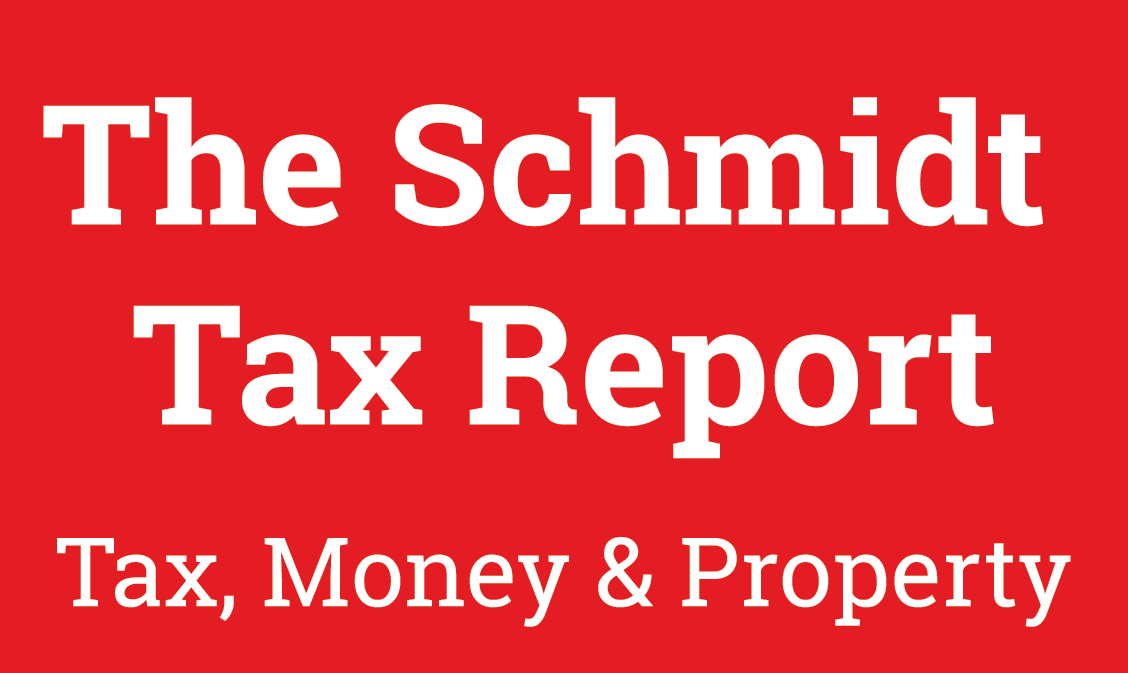In 1996 you could have purchased an Aston Martin DB4 Zagato, of which only 19 were made, for £500,000. To put this into perspective, the same sort of money would have bought you a decent sized flat or a small house in Chelsea. Two decades later your Chelsea property would have been worth around £2.5m. Meanwhile the FTSE 100 Index would have turned your £500,000 into £1.5m.
What of the Aston Martin Zagato? It would be worth more than £10 million! This equates to a twenty fold (i.e. 2,000%) increase. Moreover, you wouldn’t have to pay any tax on the profit as classic cars are exempt from UK capital gains tax.
Scarcity is, of course, one of the reasons why classic cars have proved to be such valuable investments. However, emotion also comes into it. As Matthieu Lamoure, the managing director of the Artcurial Motorcars Auction House recently said: ‘The market is a question of generation. You want to own the car that was a dream for you when you were a child.’ Obviously, if a car has appeared in a famous film (for example the Aston DB5 has long been associated with James Bond) this will help to boost its value. But even less famous classic cars can prove to be good investments. Suppose you had bought a VW Mark I Golf GTI from the 1980s a decade ago? You probably would have paid in the region of £1500. The model has since become something of a cult car. Nowadays, one in good condition will trade for upwards of £15,000.
What of the future? The Historic Automobile Group International (HAGI) compiles an index of classic cars from the mid to top end. It shows that compared to other asset classes such as the stock market and London property high quality classic cars continue to perform incredibly well. Indeed, the last time that the index in any way fell was nearly 30 years ago when speculators with borrowed money pushed up prices and then, when interest rates rose, brought about a collapse.
If you are tempted to buy, as with all alternative assets it is important to focus on the very best that you can afford. In the case of cars this means those with full service histories in exceptional condition that have either been completely restored or, at a bare minimum, have been well maintained with some age related patina. Remember, too, that having acquired your car you will need to spend money maintaining and storing it.
What else do you need to know? There is a sense that at this particular junction the auction houses may be slightly over ambitious in their pricing policy. Incidentally, if you are tempted I recommend checking out a company called Bicester Heritage in Oxfordshire which offers classic car storage maintenance and restoration.
The tax situation could not be better when it comes to classic cars. In the last Budget they were permanently exempted from UK road tax and are not (if bought from an EU country) subject to UK import duties or import VAT. Moreover, as I said at the beginning of this article, classic cars are free of UK capital gains tax, a significant advantage for those owners now sitting on substantial gains.
|
Classic Car Investment Tips
Here are the key things to consider when making a classic car investment:
|
There are plenty of dealers, publications and auctioneers willing to provide help. Nor should you ignore the plethora of specialist clubs, which are an invaluable source of information.
